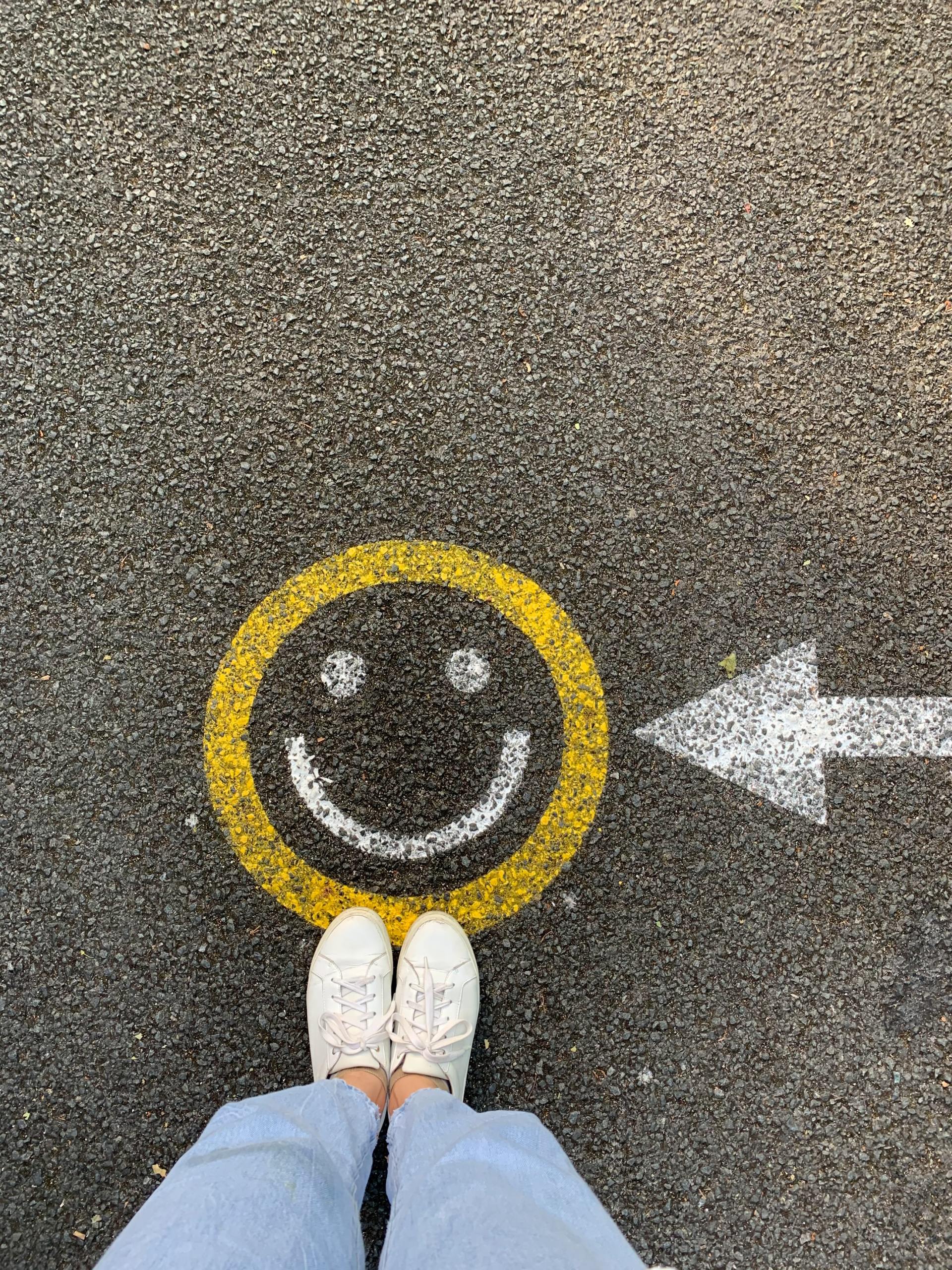Dot Piper?
July 9, 2021

Questions and answers from Dorothy.
What is behind the name Dot Piper?
Well, Dot, is short for Dorothy. I was named after my grandmother on my paternal side. Throughout my life, people love to shorten my name, and Dot is one of the common names. Piper is my middle name and my mother's mother's maiden name. After her divorce, my mother didn't just change her last name to her maiden name but decided to take her mother's maiden name. Yes, she is a badass feminist!
What do you think makes something intuitive?
A gut feeling about what is right. A lot of people are used to self-silencing, noticing an instinct but not trusting it especially if it doesn't meet the status quo. Unfortunately, this repeated behavior may weaken our intuition. I think it's super important to value your intuition. Trusting intuition. allows us to make decisions without second-guessing ourselves or asking others for opinions and we get to move on to what's next. If the outcome is unexpected or preferred we learn without dwelling on it.
How did you get into pilates?
I took my first Pilates class in college. I loved it and was amazed at the instructor's ability to cue and keep the class flowing. Then, my mom took me to a few of her Pilates classes on my summer breaks but I didn't have a steady practice until my late twenties. I had recently given up dieting and decided that I hated running, (my previous self with ED behaviors had felt like I needed to do cardio and punishing workouts to make it "worthwhile". I found pilates calmed me and challenged me in new and exciting ways. It wasn't long after that I decided to become an instructor. I was absolutely terrified but knew from a gut feeling (call in intuitive!) that it was the right choice.
When did you first learn about intuitive eating? In my late twenties, I read the Intuitive Eating book By Tribole and Resch. Around that time I had given up on diets and trying to change my body. I read many books on emotional eating, diets, and eating disorders and rarely read any fiction. I had intuitively decided to give up diets but my struggle continued. Although I read the words, they didn’t sink in the first time. Years later I returned to the book and realized how much I had missed. With the help of a professional, I was able to continue healing my relationship with wellness using the principles.
What do you feel Dot Piper will offer clients? I hope that clients will be able to implement Intuitive Eating & movement into their life versus just reading about it. You may have read tons of books on wellness, and like myself, it cognitively made sense but you're unsure how to put it into practice. I would love to save clients valuable time and energy in their process.!
Intuitive Wellness

We know that the standard way of wellness hasn't worked and that guilt, shame, and fear won't make us any "healthier".Intuitive Wellness is a dynamic process that is always evolving and unique to each individual. Our wellbeing is affected by what we do, think, feel, and believe. Our definition of wellness has been significantly influenced by social norms and creates doubt, anxiety, and fear. Instead, wellness should align with our intuition and emphasize pleasure, satisfaction, and self-care. Ultimately, this will be what leads us to long-term health. Wellness includes our mental, spiritual, emotional, and physical health. Within each of these, we get to decide what is valuable and how to best take care of ourselves. Part of the intuitive process includes using interoceptive awareness (subtle sensory body-based feelings). This tool is paramount to our intuitive wellness. It's there that our intentions, choices, and actions empower positive change. It's where we thrive. I challenge you to redefine what wellness means to you. Life can flow with more ease and joy. Only you can connect the dots. .

